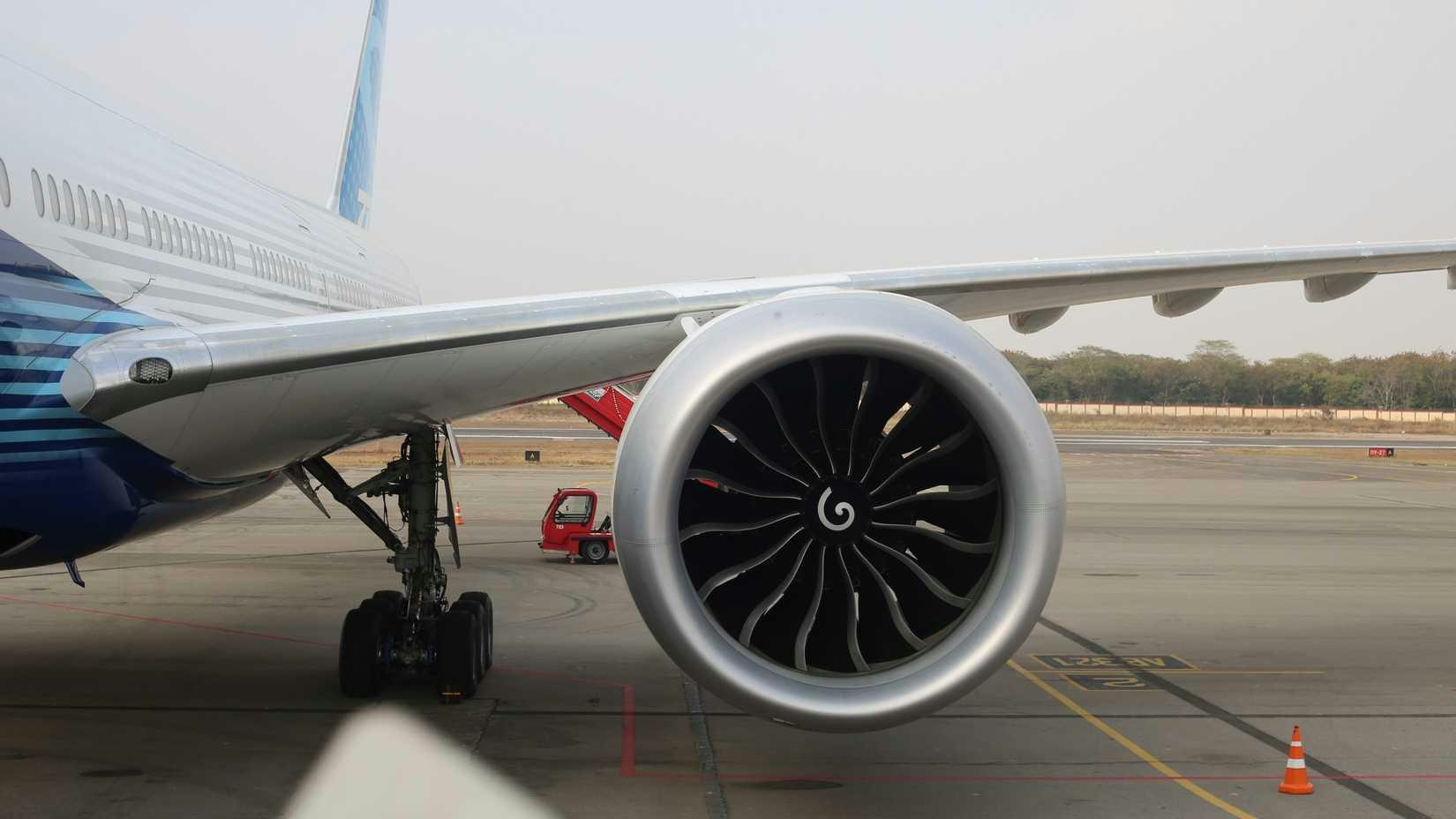
AeroGenie — ваш интеллектуальный второй пилот.
В тренде
Categories
Orange to Supply AI and Digital Twin Technology for Global Hydrogen Flight
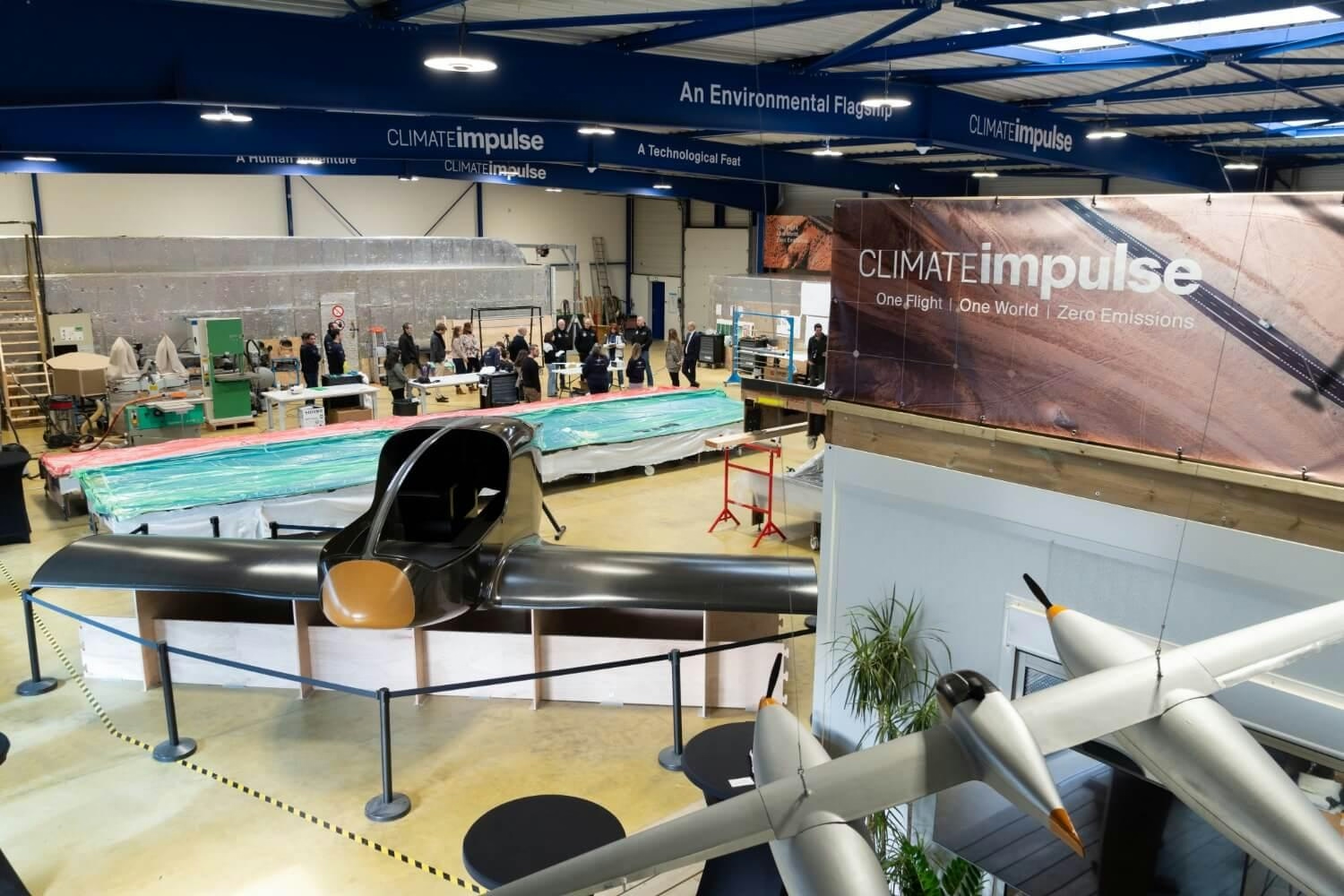
Orange to Supply AI and Digital Twin Technology for Global Hydrogen Flight
Partnership to Pioneer Hydrogen-Powered Aviation
Multinational telecommunications leader Orange has entered into a strategic partnership with Climate Impulse to support the development of a groundbreaking hydrogen-powered aircraft designed for a non-stop circumnavigation of the globe. Spearheaded by Swiss explorer Bertrand Piccard and French sailor Raphaël Dinelli, the initiative aims to construct and fly the aircraft by 2028, with initial development activities commencing in 2024.
Orange will contribute its expertise in artificial intelligence and digital twin technology to optimize flight routes in real time, enhancing both safety and efficiency. The company will also implement advanced cybersecurity measures, including post-quantum cryptography, to secure communications between the aircraft and its control center—a critical safeguard amid increasing concerns over aviation cybersecurity. Lyse Brillouet, Executive Director of Research at Orange, emphasized the value of their digital twin solutions, which utilize data from Climate Impulse and its partners to provide dynamic guidance throughout the mission.
The aircraft itself will be powered by liquid hydrogen, employing fuel cell technology supplied by Ekpo Fuel Cell Technologies. Climate Impulse plans to obtain necessary flight permits and initiate preliminary testing by 2026, targeting the first non-stop hydrogen-powered global flight two years later.
Challenges and Industry Context
The ambitious project faces considerable challenges, including the substantial upfront investment required to develop sophisticated AI and digital twin systems. Integrating extensive flight and environmental data into these platforms remains a complex undertaking. Additionally, regulatory approval poses significant uncertainty, as aviation and hydrogen fuel sectors worldwide continue to navigate the certification of emerging technologies for commercial use.
These difficulties mirror broader trends within the liquid-hydrogen aviation industry, which has encountered setbacks due to high capital costs and protracted certification timelines. The collapse of US-based Universal Hydrogen in 2024, following financial difficulties, underscores the sector’s inherent risks. Concurrently, the market’s reaction to heavy investments in AI infrastructure has been mixed, contributing to volatility in the stock prices of major technology firms such as Oracle and Nvidia.
Competitors are also adapting to the evolving technological landscape. Companies like Cisco are investing in digital twin technologies to improve supply chain operations, reflecting a wider industry shift toward AI-driven optimization. As Orange and Climate Impulse advance their project, they must navigate not only technical and regulatory obstacles but also an increasingly competitive environment.
Despite these challenges, the collaboration between Climate Impulse and Orange marks a significant advancement in sustainable aviation. If successful, it could establish new benchmarks for the integration of AI, digital twin technology, and secure communications in the future of flight.

ANA Introduces The Room FX Business Class on Boeing 787 Dreamliners

New Three-Cylinder Engine Features Rotating Block and Stationary Head
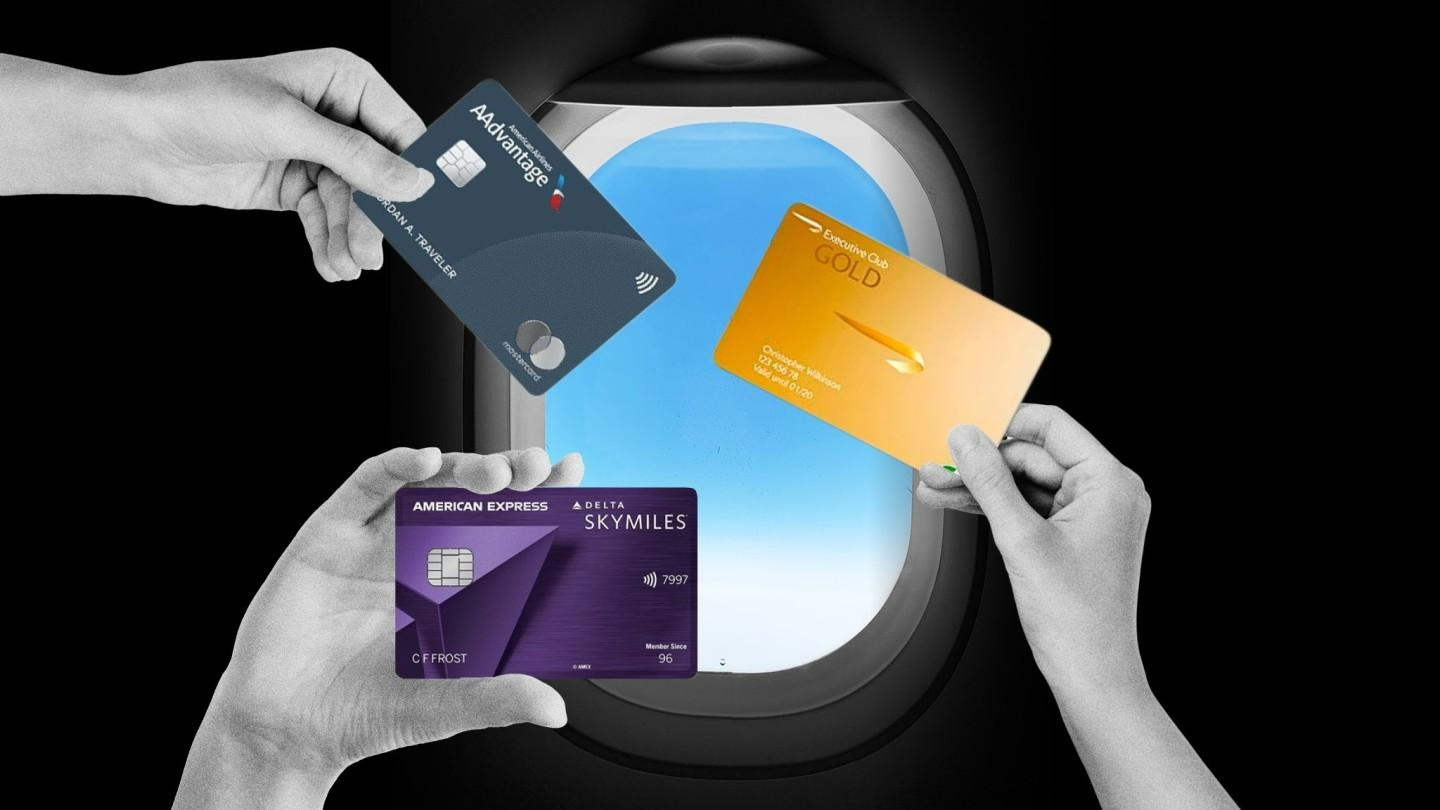
Credit Card Rewards Compete with Airline and Hotel Loyalty Programs
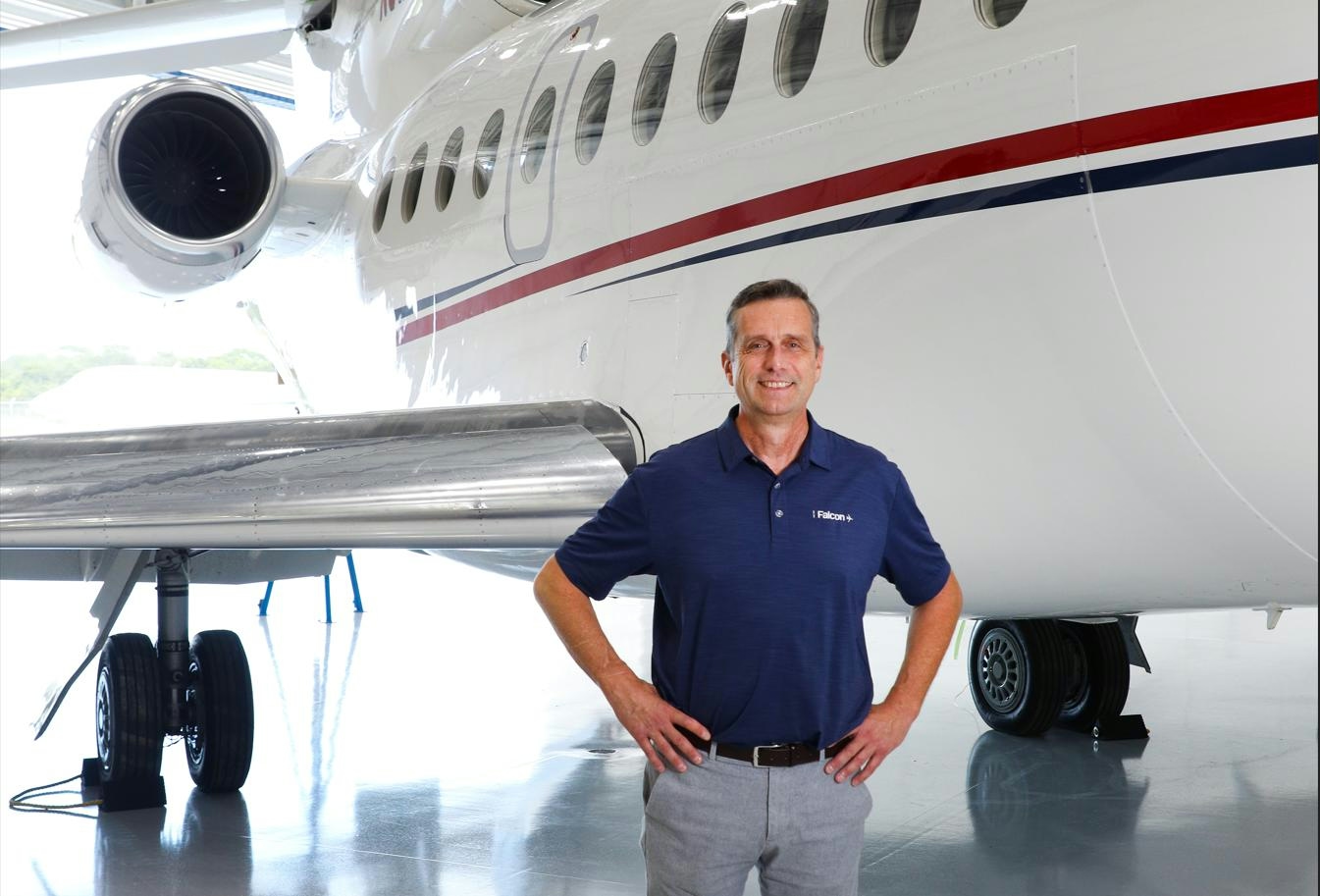
ExecuJet MRO Installs Starlink on Falcon 8X
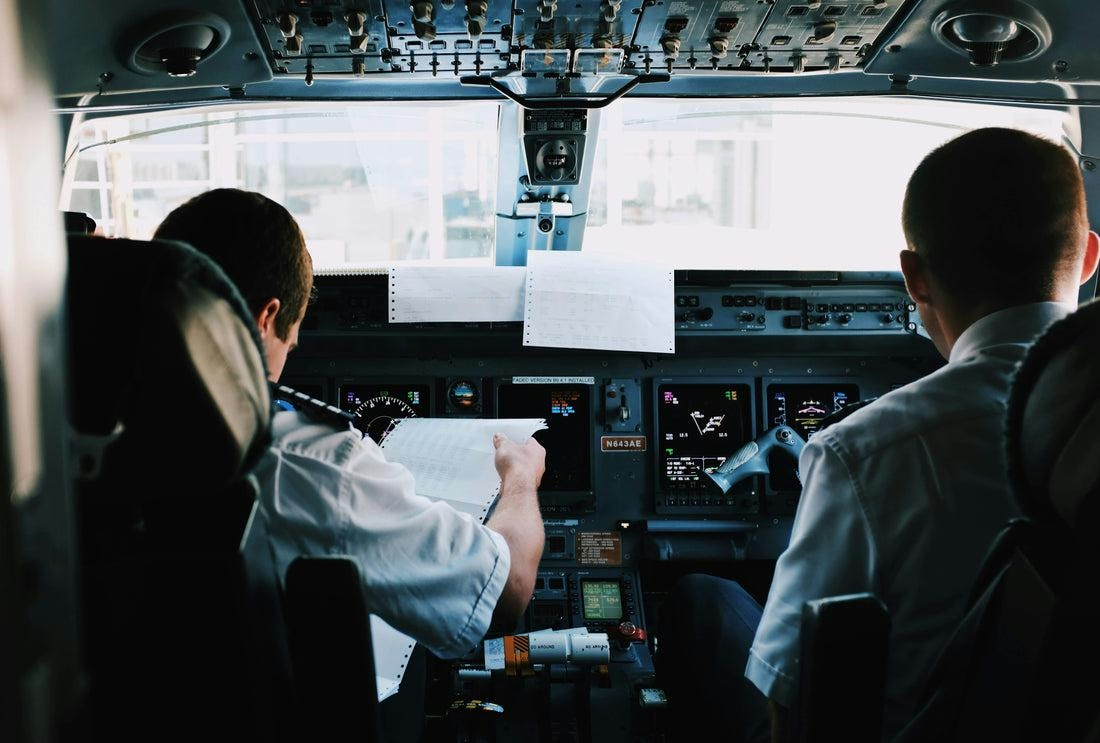
New Airlines Confront Supply Chain and Staffing Challenges
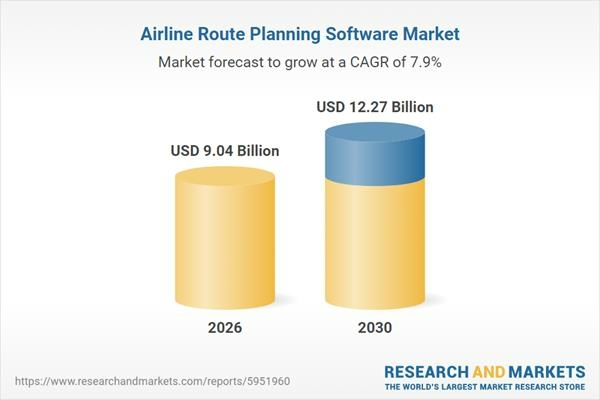
Global Airline Route Planning Software Market Forecasts Through 2035
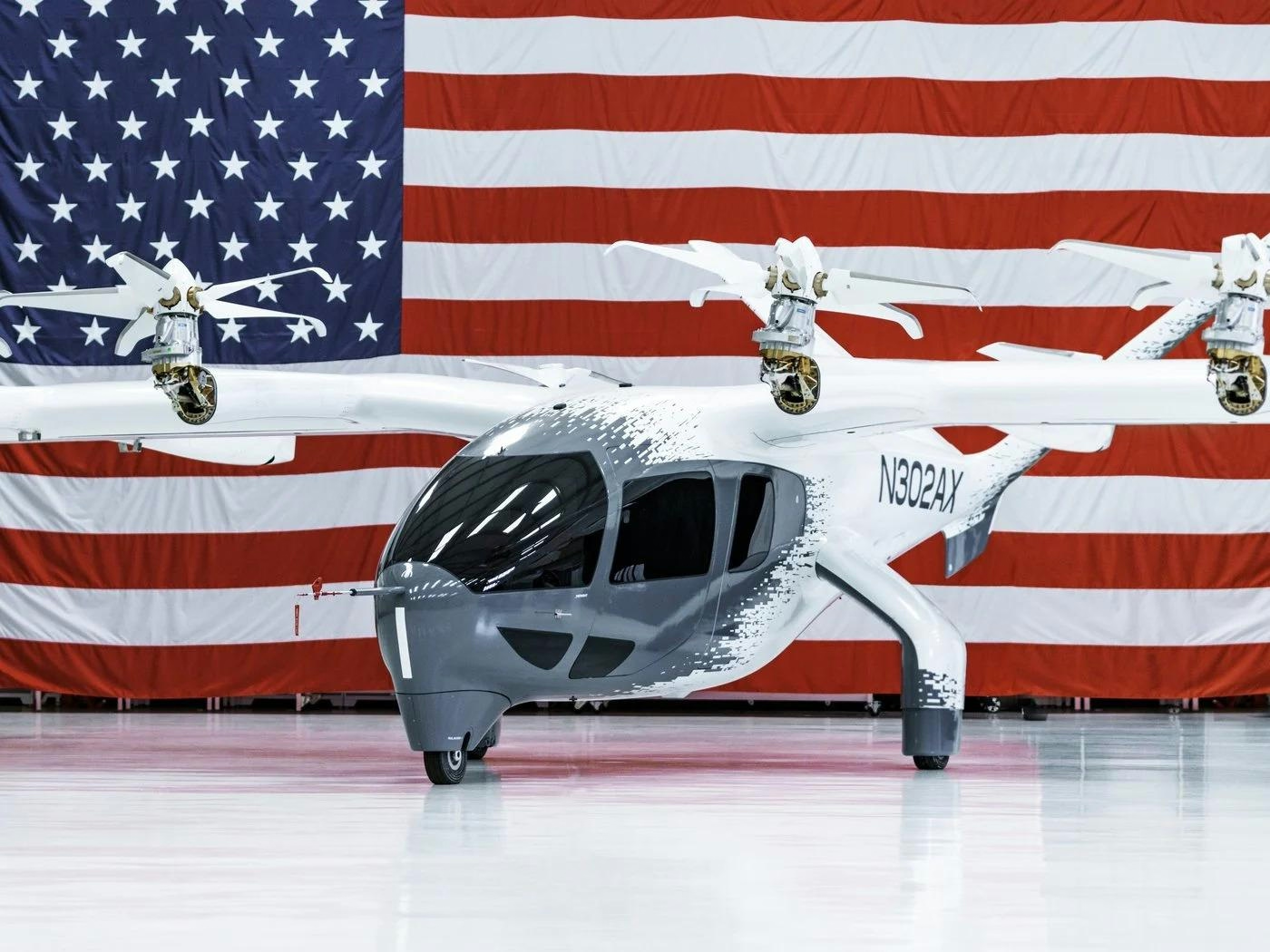
Archer Aviation Shares Rise Premarket Following Nvidia IGX Thor AI Partnership
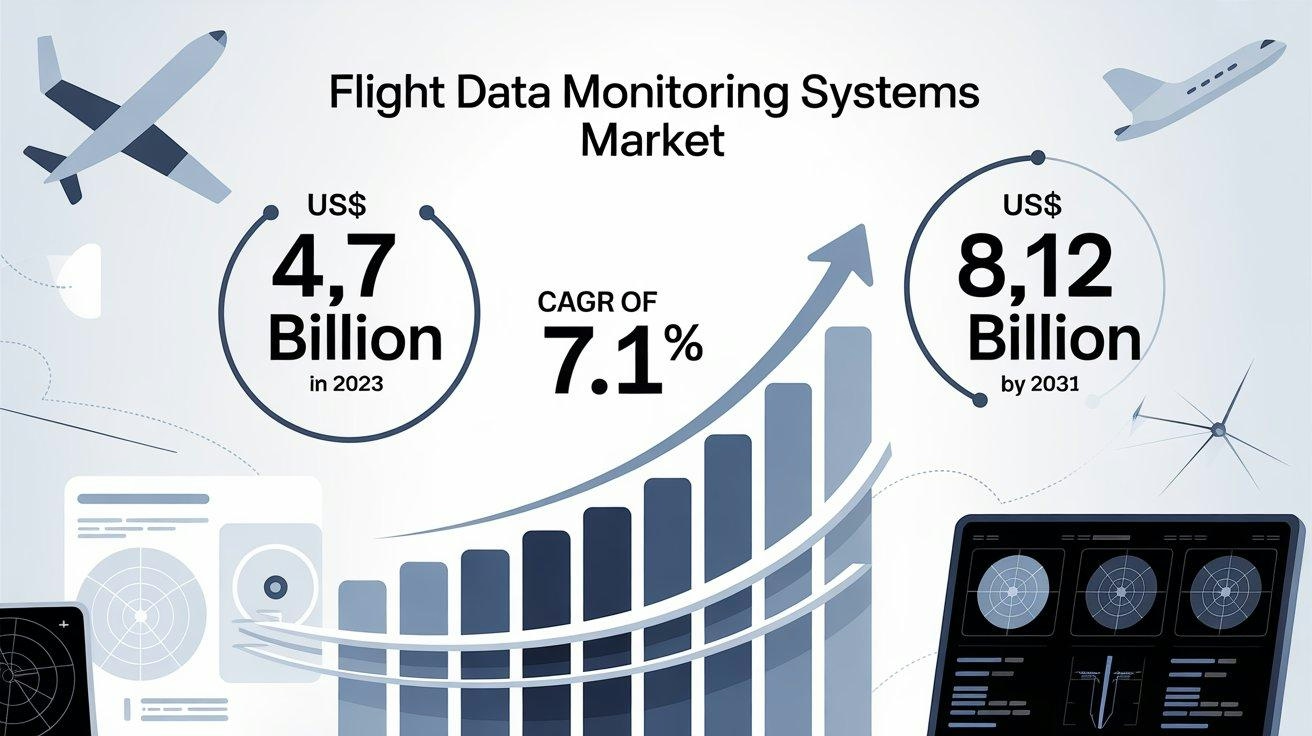
Flight Data Monitoring Systems Market Poised for Robust Growth Amid Rising Focus on Aviation Safety and Digital Transformation

Aircraft Avionics MRO Market Forecast and Analysis, 2024–2035
